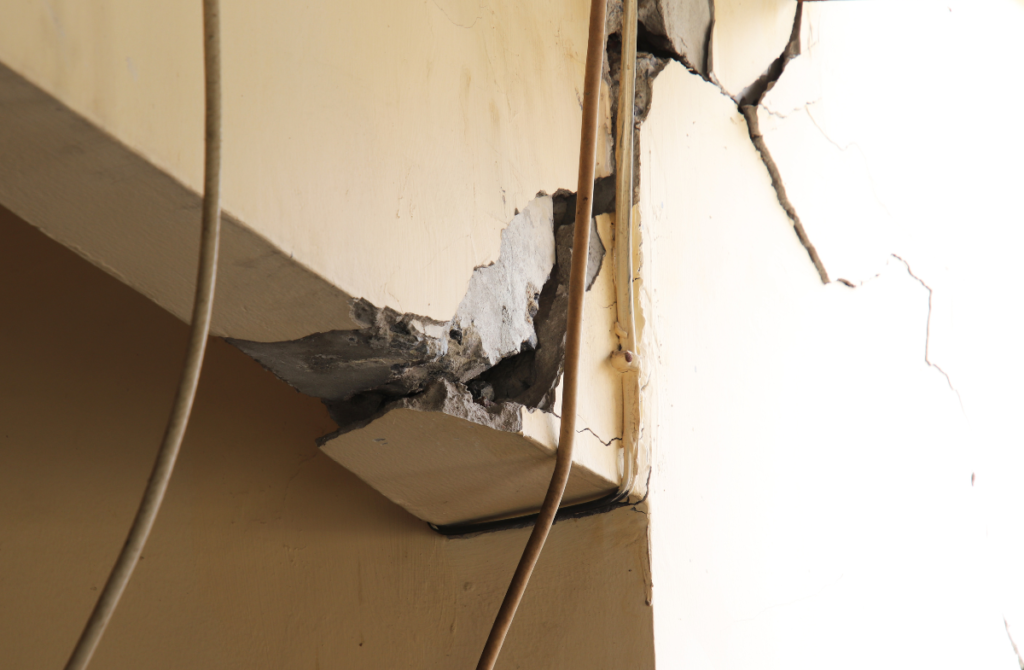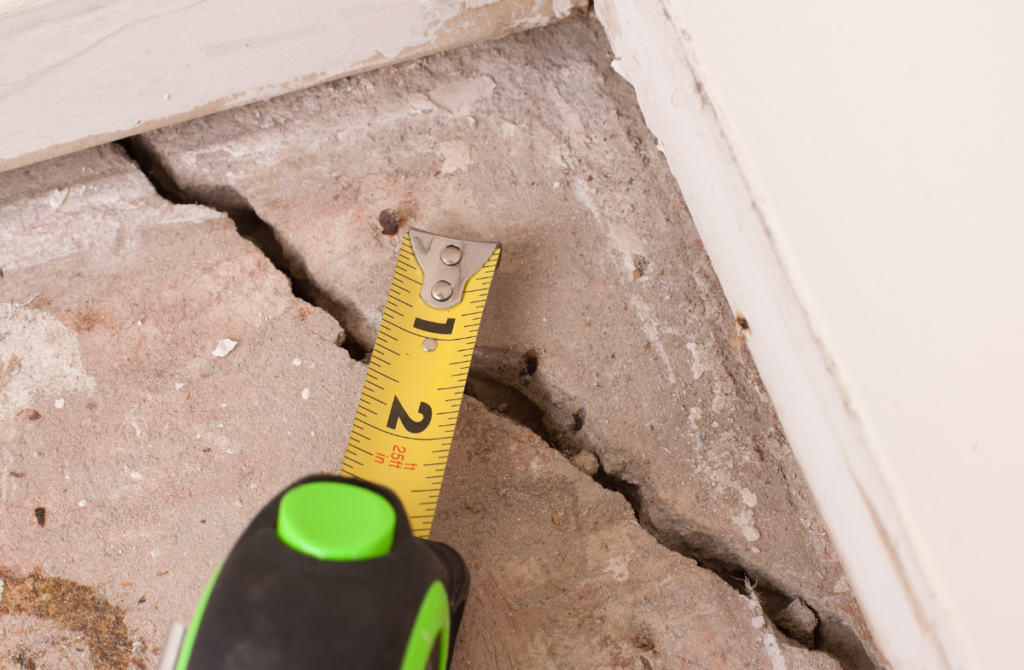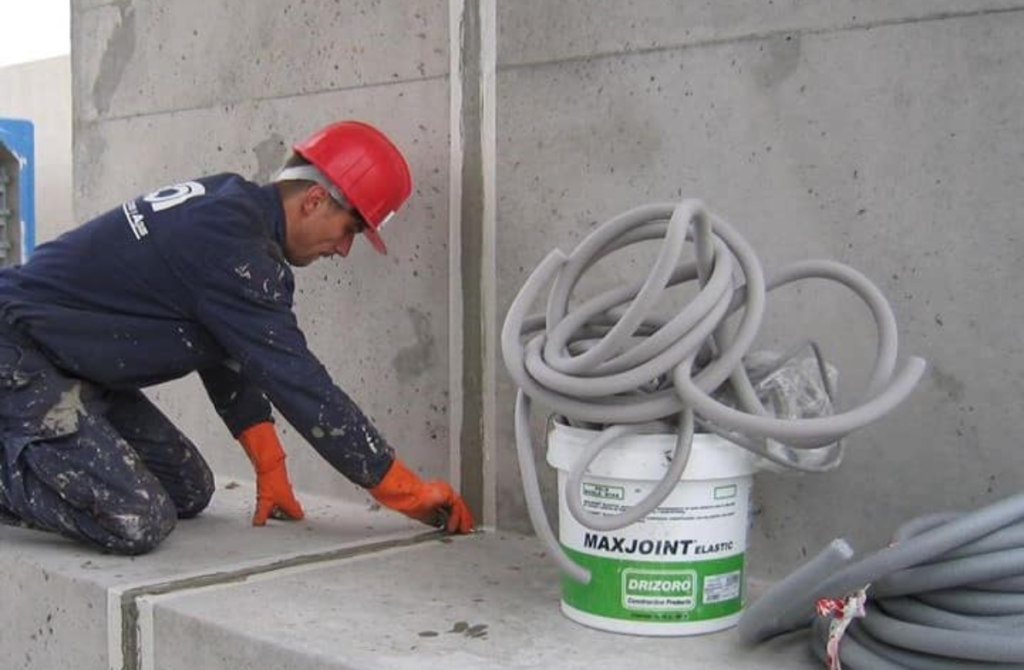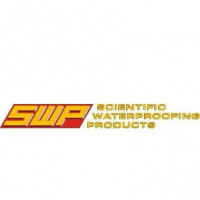-
Australia
Copyright © 2025 Powered by BCI Media Group Pty Ltd
Confirm Submission
Are you sure want to adding all Products to your Library?
Contact Detail

Concrete is widely used in construction because of its strength, durability and rigidity. Its ability to withstand high temperatures, water and wind makes it ideal as a building material.
However, despite all of these advantages, concrete is not completely immune to structural damage such as cracks. In fact, cracks in concrete are common not just in old houses and buildings, but also in new builds too.
These cracks in your home may appear relatively harmless most of the time. Nevertheless, understanding what causes their formation and the best ways to repair them can enable you to avoid cracks from occurring again.
To help you effectively deal with cracks in concrete, we’ve prepared a quick guide for you.

What causes cracks in concrete?
Concrete cracking can happen before or after the concrete has hardened, and is typically a sign of distress in your home or building’s walls, ceilings or floors.
Cracks can be the result of different factors such as volume changes, repeated loading and other environmental factors. They also develop whenever tremendous force overcomes the strength of the concrete structure.
Some common causes of cracks in concrete include:
As one of the major causes of cracking in hardened concrete, shrinkage occurs due to a loss of moisture by evaporation. It gradually reduces the volume of concrete, leading to tensile stresses that cause cracks to form.
The right proportion of cement must be utilised as its mineral composition, shape, surface texture and grading can make a difference to the thermal coefficient, stiffness, creep and overall strength of concrete.
Keep in mind that richer concrete (that is, a cement content of more than 15%) is more susceptible to cracking.
Cracks can also occur when there’s an excessive temperature difference within a concrete structure or when the temperatures of different portions within the same concrete slab have exceeded a specific limit.
Sulphate attacks and corrosion, which are often the result of a chemical reaction, are other potential causes of cracking. The volume of concrete also increases when the alkaline nature of cement reacts with carbon dioxide, allowing cracks to form.
When the quality of construction is low, the strength of concrete is also compromised. As such, it’s important to avoid defective practices of:
Cracks, inadequate sealings and other physical damage on your concrete walls, ceilings and floors are often a sign that there is water placing pressure on your property’s structure. They also indicate that your foundations are weakening and already in need of repair or re-waterproofing.

So, how can you repair cracks in concrete?
Large and long cracks in critical areas must be inspected by professionals as they can signify more serious problems.
However, if the cracks you have in your home or building are small, there are other quality solutions that can help you perform a concrete DIY repair.
At Scientific Waterproofing Products (SWP), we have a complete range of Drizoro products that not only strengthen and waterproof your concrete walls, ceilings and floors, but also protect your home against cracks, leaks and foundational decay.
These high-quality waterproofing products include Maxgrip, Maxjoint Elastic, Maxseal Flex, Maxseal Flex M and Maxseal Traffic.
Here’s how you can use them to repair cracks in concrete:

The right waterproofing solutions will stop cracks from ruining your buildings
When left unrepaired, cracks can be a passageway for water to leak and efflorescence to grow. These can lead to the infiltration and deterioration of your home or building.
To alleviate the issue and prevent further damage, it’s important to use the right waterproofing solutions on your concrete.
If you’d like further guidance on the best waterproofing products to use for concrete cracks, speak to your local Australian waterproofing specialists at Scientific Waterproofing Products today.
Choose the best waterproofing solutions for your concrete
At Scientific Waterproofing Products, our team is here to provide you with the right waterproofing for your unique situation. We offer a wide range of Drizoro cement-based waterproof coatings for all of your maintenance and restoration requirements.
If you’ve got any questions or issues around waterproofing your concrete surfaces, or you’d like to find out which product is best for your needs, contact us today!
You can also check out a list of local Drizoro resellers and applicators here.
As always, SWP is committed to providing the right waterproofing solution for any water-related problem or application.



